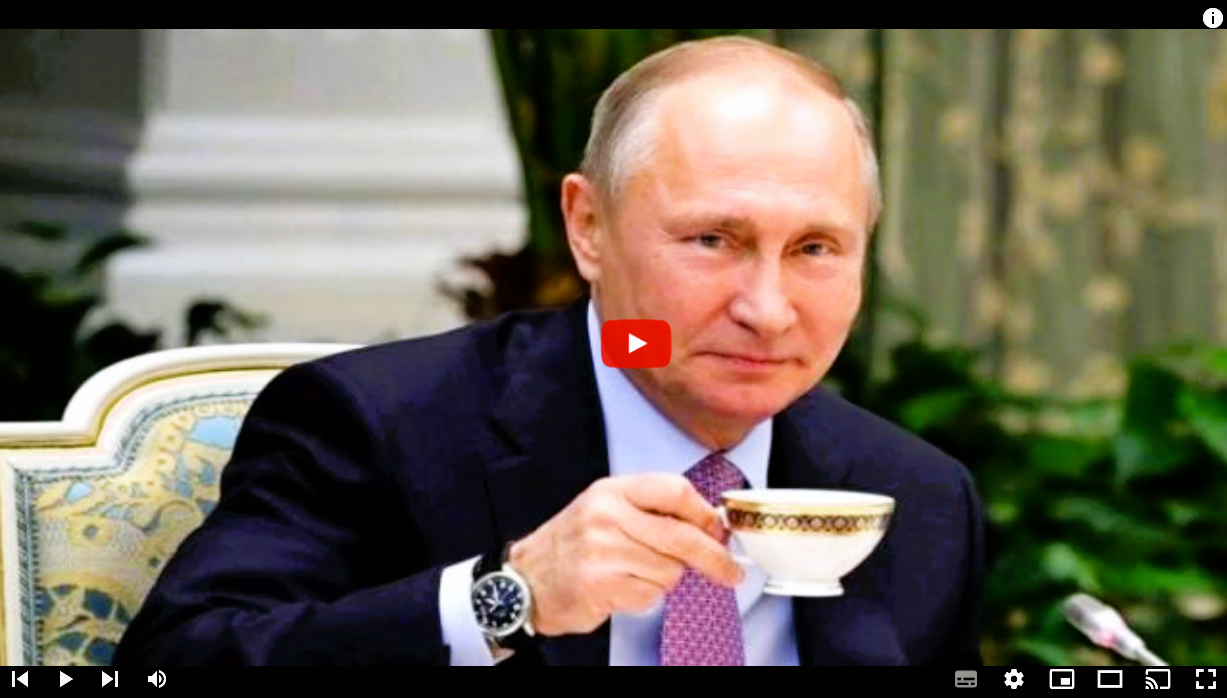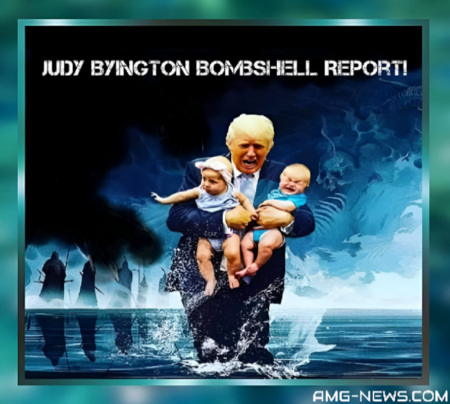BREAKING: Emergency Meeting Requested by Putin at the United Nations, Regarding the War in the Middle East
Medeea Greere, an independent publisher, is now on Telegram at https://t.me/AMGNEWS2022 and exists only on reader support as we publish Truth, Freedom and Love for public awareness. Thank You for your support!
Russian President Vladimir Putin has urgently requested an emergency meeting at the United Nations to address the ongoing war in the Middle East. This high-stakes diplomatic showdown has presented the international community with two stark choices, each carrying monumental implications: either the United Nations burns permanently in the face of escalating conflict, or the United States and Israel take decisive action to stop the war. There is no elusive third option, and as the world watches with bated breath, the future of the Middle East hangs in the balance.
The war in the Middle East has reached a boiling point, drawing the attention of the entire world. Putin’s call for an emergency meeting at the United Nations is a testament to the urgency and gravity of the situation. As we delve into this pressing matter, we explore the two options on the table, analyze their consequences, and dissect the complexities of the geopolitical landscape. This article will shed light on the brutal realities of the conflict and provide insights into the challenges facing the international community.
Option One: The United Nations Burns Permanently As the war in the Middle East rages on, the very institution meant to maintain global peace and security finds itself teetering on the brink of irrelevance. The United Nations, once a symbol of hope and diplomacy, now faces an existential threat. The consequences of this option are nothing short of catastrophic.
- The Death of Multilateral Diplomacy: If the United Nations fails to intervene effectively, it sends a chilling message to the world – diplomacy and multilateralism are dead. The very foundation upon which nations came together to prevent conflict and preserve global stability crumbles, leaving behind a vacuum that extremist forces are all too eager to fill.
- Escalation of Conflict: With no international body to mediate, the war in the Middle East could spiral further out of control. Regional powers would be emboldened to pursue their agendas unchecked, leading to more bloodshed, displacement, and suffering for innocent civilians.
- Global Instability: The Middle East has long been a powder keg of tensions, and its explosion could send shockwaves rippling across the globe. Energy markets could be disrupted, sending oil prices skyrocketing and impacting economies worldwide. Terrorist organizations could find fertile ground to thrive, posing a direct threat to international security.
Option Two: The US/Israel Stop the War Amidst the chaos and despair, there exists a glimmer of hope – the possibility that the United States and Israel could take decisive action to end the conflict. While this option is not without its own set of challenges, it offers a ray of optimism in an otherwise bleak scenario.
- Regional Stability: If the United States and Israel can broker a ceasefire and pave the way for negotiations, it could lay the foundation for much-needed stability in the Middle East. A resolution to the conflict could lead to the gradual withdrawal of foreign forces and the eventual return of displaced populations to their homes.
- Diplomatic Pathways: Diplomatic solutions are not without their hurdles, but they remain the most viable path to ending the suffering in the Middle East. By working closely with regional stakeholders and international partners, the United States and Israel can help establish a framework for peace talks, addressing the root causes of the conflict.
- Humanitarian Relief: A cessation of hostilities would provide a critical window of opportunity for humanitarian organizations to deliver aid to those in need. The war has caused immense human suffering, and any effort to alleviate this suffering should be considered a moral imperative.
The Grim Reality: No Third Option It is crucial to emphasize that there is no magical third option that can miraculously resolve the war in the Middle East. The complexities of the conflict, with its myriad of stakeholders and historical grievances, defy easy solutions. The international community must grapple with the stark choices presented by Putin’s emergency meeting.
Understanding the dynamics at play in the Middle East is essential for grasping the gravity of the situation. The region is a geopolitical chessboard where global powers vie for influence and control. The United States, Russia, China, and various regional actors all have their interests at stake, making the path to peace fraught with challenges.
A Dramatic Power Struggle: The rivalry between the United States and Russia takes center stage in this crisis. Putin’s request for an emergency meeting is a calculated move to assert Russia’s influence in the region. With Russian support for certain Middle Eastern actors and American backing for others, the situation is akin to a high-stakes poker game where the chips are human lives.
The Aggressive Expansion of Non-State Actors: Complicating matters further are the non-state actors, such as terrorist organizations and militias, that thrive in the chaos of war. These groups have exploited the power vacuum, sowing seeds of instability and fear. To truly address the crisis, it is imperative to confront the extremist elements that perpetuate violence and undermine peace efforts.
In Conclusion: The emergency meeting called by Vladimir Putin at the United Nations has cast a stark and unyielding spotlight on the dire situation in the Middle East. With the world watching, the international community faces a critical crossroads. The two options presented, though far from perfect, serve as a harsh reminder of the brutal realities of war and diplomacy.
As we navigate this tumultuous terrain, the fate of the Middle East hangs in the balance. Whether the United Nations burns permanently or the United States and Israel take bold steps towards ending the conflict, the world must act decisively to prevent further suffering and chaos in this troubled region. Inaction is not an option; the time for bold, strategic, and compassionate leadership is now.








![BREAKING! CODE GREEN: TRUMP DEPLOYS NATIONAL GUARD IN LOS ANGELES – MILITARY OPERATION TO LIBERATE CALIFORNIA UNDERWAY | NEWSOM SURRENDERS, TROOPS MOVE IN [VIDEO]](https://amg-news.com/wp-content/uploads/2025/06/Trump-National-Guard-California-450x253.png)




2 Comments
Israel is an artificial entity, just like Kosovo. It was created by the Rothschilds. The agreement between the Rothschilds and the Ottoman Empire was signed until October 30, 2023. De jure Israel no longer exists. There will be Palestine and the Khazars living in it. There are almost no Palestinian Jews left. Their cabals have already destroyed everyone. According to the forecast from Deagel, 70% of the population will be eliminated in the USA, and 78% in England. So they will soon have no time for the Middle East.
For whatever it may be worth, “On 4/20/21, Deagel.com, a military intelligence agency, has deleted their mysterious 2025 forecast spreadsheet that predicted a major collapse of the western countries. “